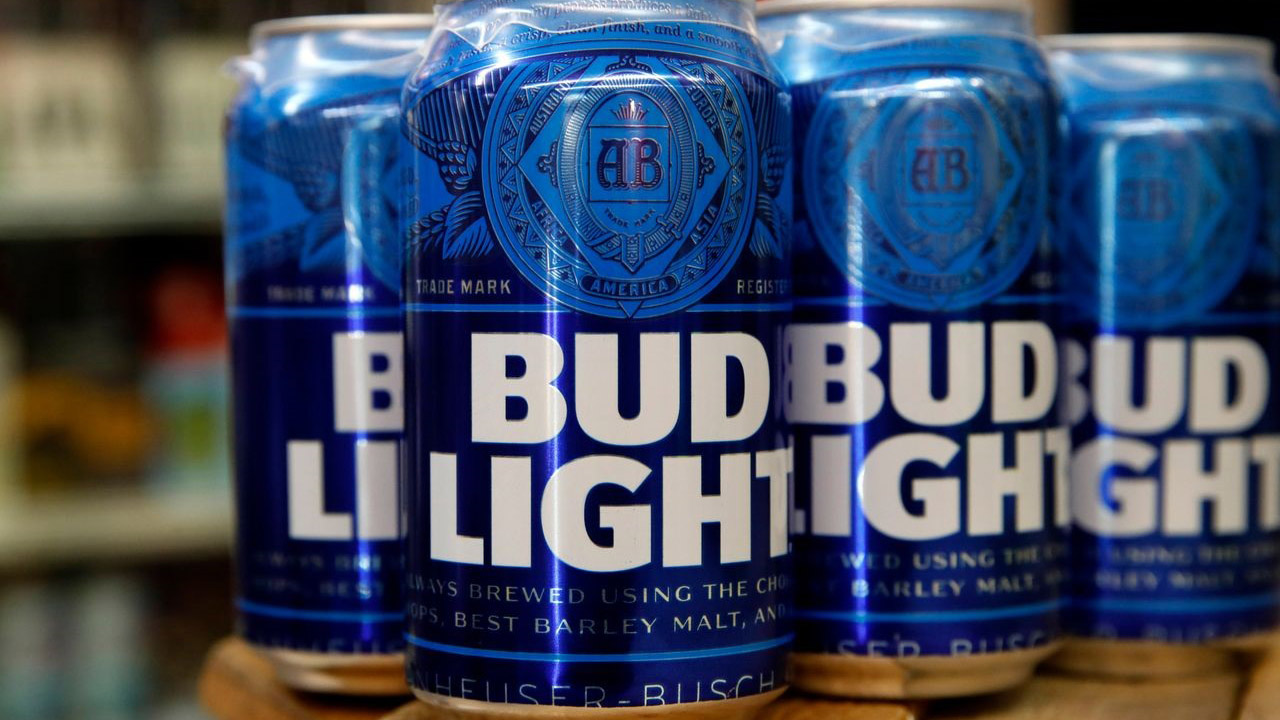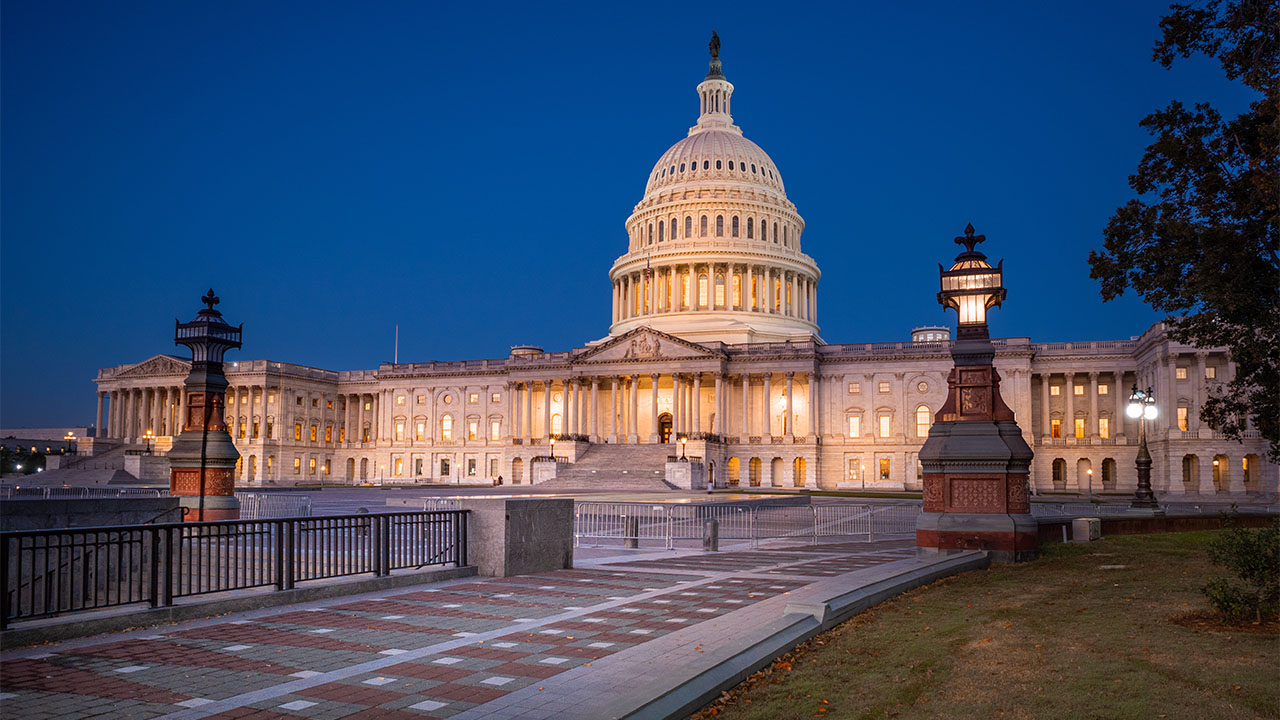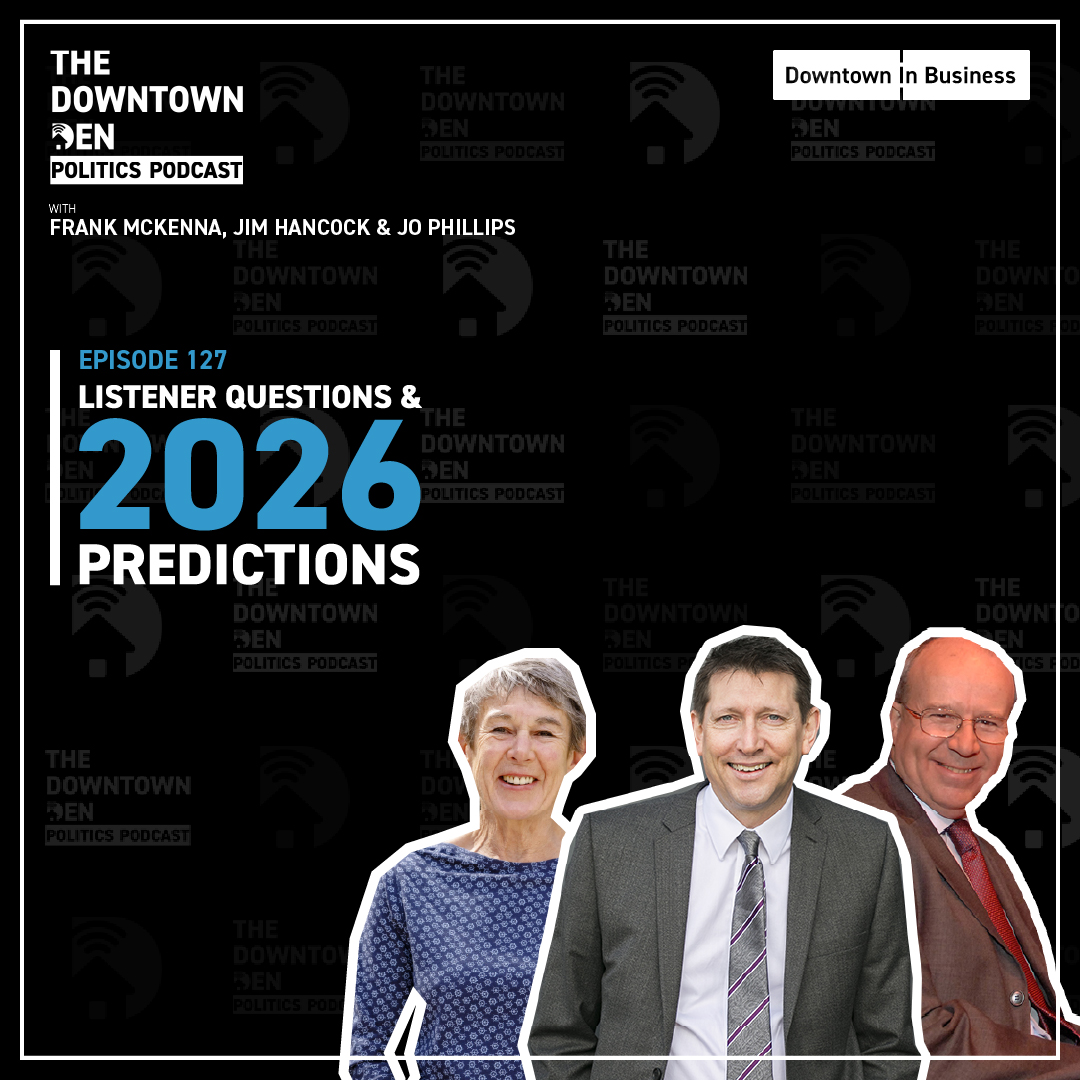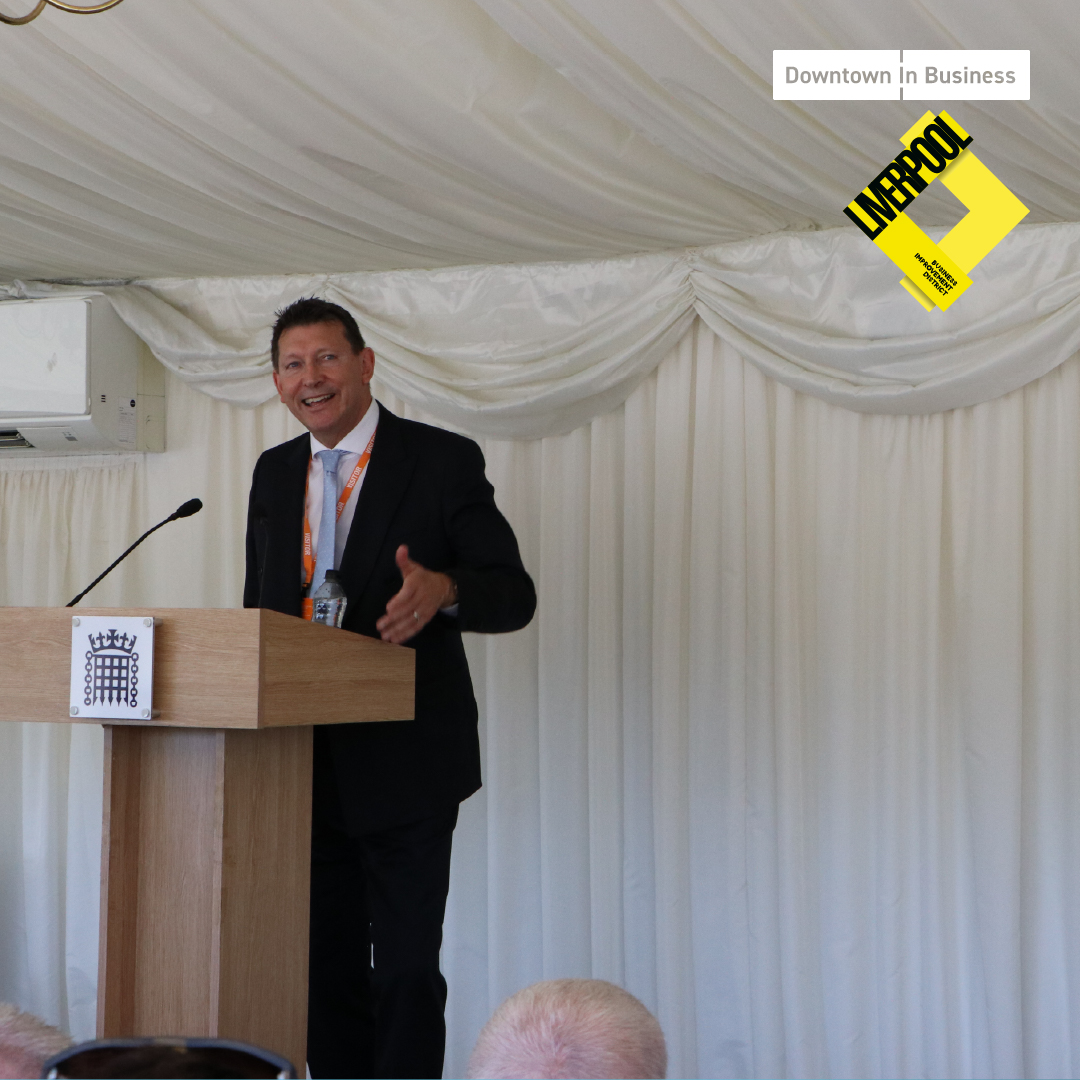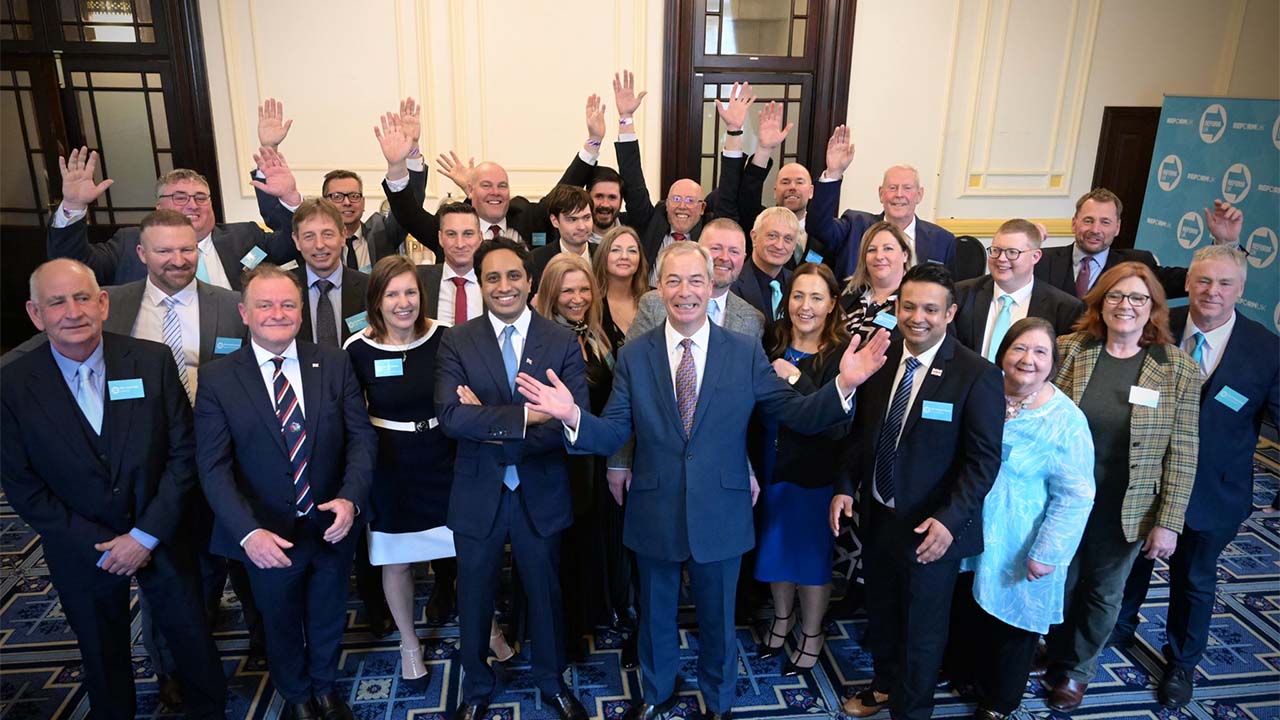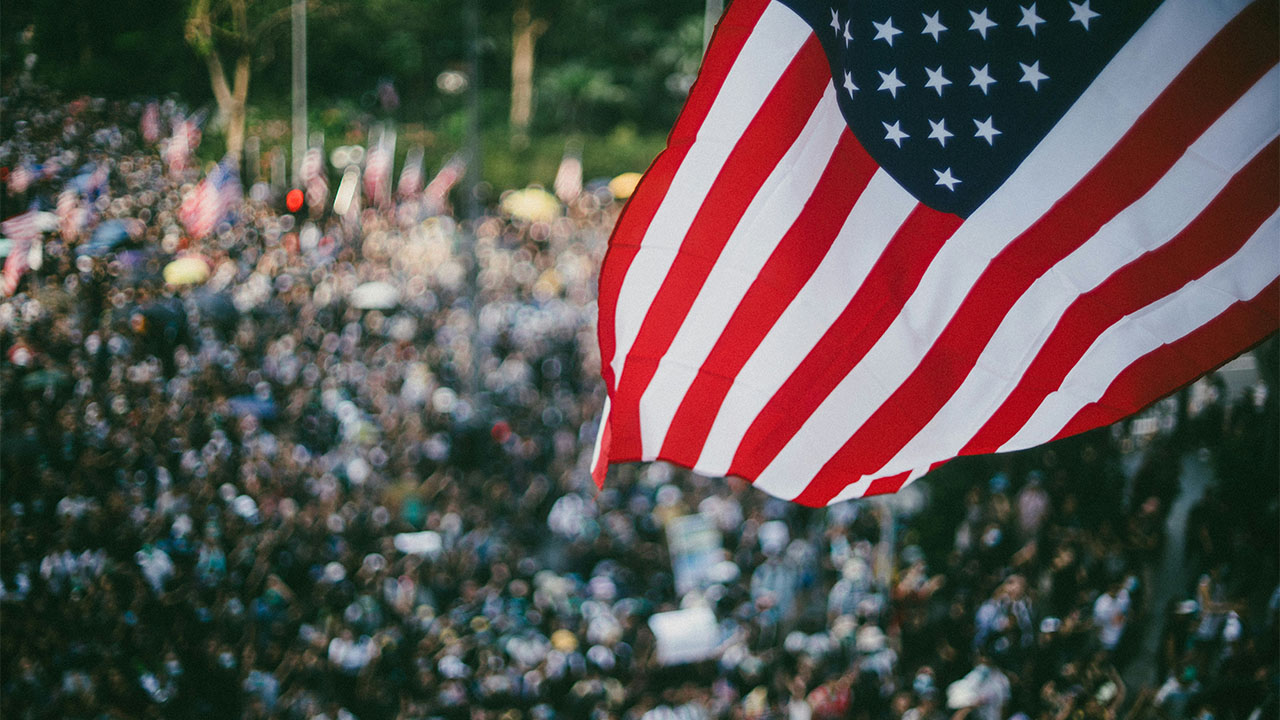I think Bud Light is awful.
The best-selling beer in America has one of the worst taste profiles out there and since its recent switch to using rice as a main carbohydrate has, to my palate, achieved the phenomenal feat of actually tasting worse.
That of course is only my opinion. Over the past decades, 1 in every 3 beers drunk in America was a Bud Light. Launched in 1985, the 4.2% alcohol suds only carry 110 calories per can or bottle and sells out everywhere.
That was until a few months ago when Bud Light stepped into the raging ‘War of Woke’.
American politics and the forthcoming election appear to be centred around what is being called – ‘Culture Wars’.
We have given up on things like world peace, global security, climate crisis and fixing the economy and are focussed on how indignant other people’s lifestyles make us.
One of the Republican wannabe candidates Florida Governor Ron DeSantis has made ‘Ending Woke’ his political charge.
‘Woke’ was originally a slang term in the African American community to signify someone who was alert to racial prejudice and discrimination. But over the past few years, it has morphed into the ultimate insult for anyone who is sympathetic to anyone or anything you don’t like the look of.
Odious figures on both sides of the Atlantic – step forward Liam Fox in the UK and Kid Rock in the States – have made it their calling, and now mainstream politics, media and commentators are obsessed by putting people, campaigns and companies into the ‘Woke’ or “Anti-Woke’ camp.
This is where it got tricky for Bud Light and its corporate owner, InBev, the Belgian brewing colossus.
Bud Light, in its simplistic blue can, priced at the bottom of the market, and with bar and retail ubiquitousness – is the working man’s brew.
So, when the advertising and marketing agency employed by the beer were looking to grow into new markets and spread the pleasure of their product, they looked beyond the ‘horny-handed men of toil’ to target their sales at.
They took their data and research and honed their lasers on the LGBTQ+ community. They partnered with transgender activist Dylan Mulvaney, who had documented her first year transitioning to a woman and had built a sizeable influence and following on-line.
They released a short social media video where Dylan received a six pack of beers to enjoy during March Madness – a college basketball tournament which takes over the airwaves each year – and produced a special can with her face printed on.
I’m sure they sat back and looked at the social media metrics they had chosen to follow and congratulated themselves. They may have even opened a tinny or two.
That would be until some other metrics appeared.
Kid Rock released a video of him unleashing the firepower of a semi-automatic rifle into a stack of Bud Light before turning to camera and giving the beer ‘the finger’. He quickly counted his viewers in the millions.
This escalated further, and before long, people were boycotting the beer, angry store owners were pouring it down the drain in prohibition style imagery, consumers were switching to rival brands Michelob Ultra, Miller Lite and Coors Lite.
By May, Bud Light had seen its sales fall by 28%.
Calls to boycott Bud Light fuelled by conservatives, grew stronger and continued for weeks. But those on the other side of the argument weren’t impressed either.
LGBTQ+ community criticized the brewer and Bud Light for firing the agency, sacking the marketing directors and, in their eyes, not standing up for the queer world when the name calling started.
Bud Light aren’t alone in finding themselves in the cross hairs of the angry folks in Woke or Not world.
Target – the not as cheap as Walmart but still cheap retailer – felt the backlash of shoppers in Conservative states when they revealed their range of Pride T-shirts in kids’ sizes. In a week, $10billion had been lost in its corporate valuation as rampaging moms tore through the retailer’s Southern stores throwing t-shirts and trampling mannequins to the ground.
And even that former darling of the right, Christian fried chicken outlet Chick-Fil-A – famous for not opening on a Sunday – was roundly condemned and boycotted by god-fearing drive-thru customers for allegedly daring to advertise a vacancy in their corporate headquarters for a Diversity, Equality and Inclusion (DEI) Officer.
The chicken slingers didn’t know how to respond, their record of funding anti-LGBTQ+ is well known, but they also didn’t want to become the poster child for the ‘Woke’ wars. After all, even liberals eat chicken sandwiches, right?
Instead, they prayed, and doubled down on their Christian values, visibly clucking on their website about their ‘Corporate Purpose Statement’ –
“To glorify God by being a faithful steward of all that is entrusted to us. To have a positive influence on all who come into contact with Chick-fil-A”.
This didn’t placate anyone. Nobody was happy with that. There is something deliciously ironic about a fast-food chicken business losing support on both its left and right wings.
When businesses which are clearly anything but ‘Woke’, are accused of being ‘Woke’, we are perhaps reaching ‘Peak Woke’.
We have also returned to an ages-old conundrum – what is the purpose of a business?
If businesses want to take a stance on social, environment and community issues they must truly believe in what they are doing and why they are doing it.
If support for a cause is merely a marketing campaign, it is likely to backfire, if it doesn’t align with the values and beliefs of staff, shareholders, leaders, and critically, consumers.
If Target genuinely believes it is a valuable service to be selling ‘tuck friendly’ swimsuits for pre-op transexuals; If Chick-Fil-A believes having a more welcoming and inclusive workplace leads to better loyalty amongst fast food staff and provides a safer space for those who aren’t white, Christian, heterosexuals; and Bud Light really wants to ‘share a beer with a queer’ – then they have to have the courage of their convictions to say so, stick to their beliefs in the face of people who don’t share that view, and perhaps most tellingly, accept that it might cost them a dollar or two in profit.
For now, corporate victims are trying to woo their customers back.
Bud Light has a cringe-inducing TV campaign running nationwide with country music, American flags and pretty white girls in cowboy boots to reassure us it’s safe to swill their brew again.
And in case that doesn’t sway you – there is a $15 mail in coupon with every case of Bud Light which makes it retail for $1.50 for 24 cans.
Actually, at that price, it doesn’t taste too bad.


